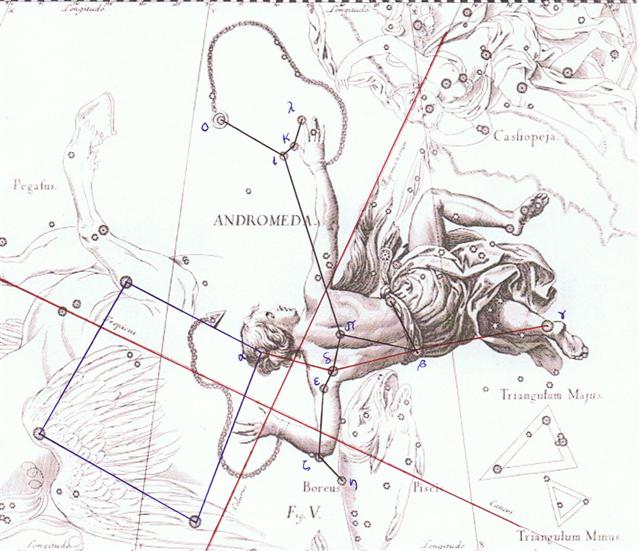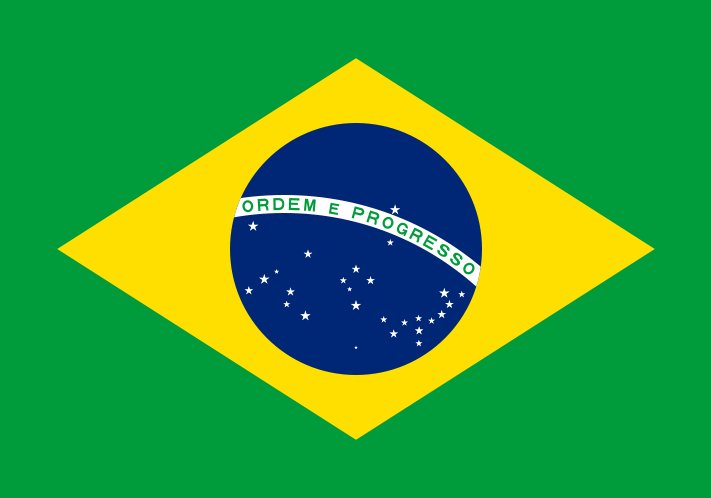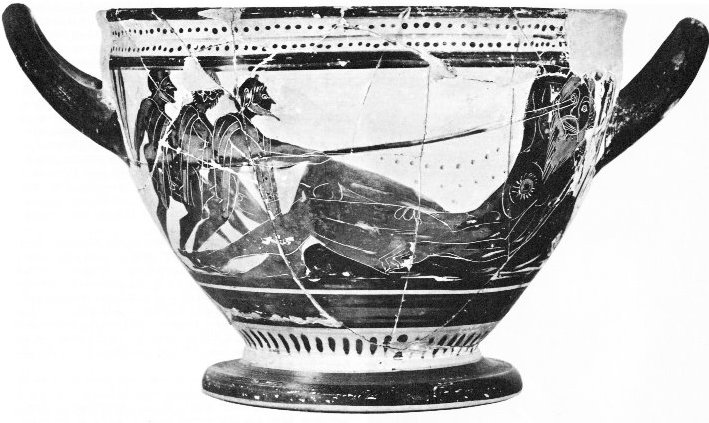From Porrima to the place where the Sun once again began his path - at η Andromedae where her left arm was integrated with the northern fish - there were 3 (Η nights) + 183 = 186 days:
... Hamiora Pio once spoke as follows to the writer: 'Friend! Let me tell of the offspring of Tangaroa-akiukiu, whose two daughters were Hine-raumati (the Summer Maid - personified form of summer) and Hine-takurua (the Winter Maid - personification of winter), both of whom where taken to wife by the sun ... Now, these women had different homes. Hine-takurua lived with her elder Tangaroa (a sea being - origin and personified form of fish). Her labours were connected with Tangaroa - that is, with fish. Hine-raumati dwelt on land, where she cultivated food products, and attended to the taking of game and forest products, all such things connected with Tane ...
In order to properly accomodate the Gregorian calendar in the glyph text the date March 31 (the final day in the equinoctial calendar year before the Wolf at April 1) had to be 4 days earlier than ░March 31 due to the precession. March 31 was at Achird in Cassiopeia and ░March 31 was at *JANUARY 27 (392 = 365 + 27). 392 was the number of glyph on side a of the tablet and 4 extra precessional days had been placed at the beginning of side a. But once this complication had been taken care of the honu glyphs could be presented. Spica was the star in the important center between the hemispheres and therefore Ana-roto should have a special place.
Notably there was also a honu figure immersed in water early on side a. Or rather it was the variant which I have named Rogo:
The band of the equator, the equatorial belt, was like a No-man's land - not belonging in the northern hemisphere nor in the southern. ... Odysseus and his fleet were now in a mythic realm of difficult trials and passages, of which the first was to be the Land of the Cyclopes, 'neither nigh at hand, nor yet afar off', where the one-eyed giant Polyphemus, son of the god Poseidon (who, as we know, was the lord of tides and of the Two Queens, and the lord, furthermore, of Medusa), dwelt with his flocks in a cave. 'Yes, for he was a monstrous thing and fashioned marvelously, nor was he like to any man that lives by bread, but like a wooded peak of the towering hills, which stands out apart and alone from others.' Odysseus, choosing twelve men, the best of the company, left his ships at shore and sallied to the vast cave. It was found stocked abundantly with cheeses, flocks of lambs and kids penned apart, milk pails, bowls of whey; and when the company had entered and was sitting to wait, expecting hospitality, the owner came in, shepherding his flocks. He bore a grievous weight of dry wood, which he cast down with a din inside the cave, so that in fear all fled to hide. Lifting a huge doorstone, such as two and twenty good four-wheeled [22 * 4 = 88] wains could not have raised from the ground, he set this against the mouth of the cave, sat down, milked his ewes and goats, and beneath each placed her young, after which he kindled a fire and spied his guests. Two were eaten that night for dinner, two the next morning for breakfast, and two the following night. (Six gone.) But the companions meanwhile had prepared a prodigous stake with which to bore out the Cyclops' single eye; and when clever Odysseus, declaring his own name to be Noman, approached and offered the giant a skin of wine, Polyphemus, having drunk his fill, 'lay back', as we read, 'with his great neck bent round, and sleep that conquers all men overcame him.' Wine and fragments of the men's flesh he had just eaten issued forth from his mouth, and he vomited heavy with drink. 'Then', declared Odysseus, I thrust in that stake under the deep ashes, until it should grow hot, and I spake to my companions comfortable words, lest any should hang back from me in fear. But when that bar of olive wood was just about to catch fire in the flame, green though it was, and began to glow terribly, even then I came nigh, and drew it from the coals, and my fellows gathered about me, and some god breathed great courage into us. For their part they seized the bar of olive wood, that was sharpened at the point, and thrust it into his eye, while I from my place aloft turned it about, as when a man bores a ship's beam with a drill while his fellows below spin it with a strap, which they hold at either end, and the auger runs round continually. Even so did we seize the fiery-pointed brand and whirled it round in his eye, and the blood flowed about the heated bar. And the breath of the flame singed his eyelids and brows all about, as the ball of the eye burnt away, and the roots thereof crackled in the flame. And as when a smith dips an ax or adze in chill water with a great hissing, when he would temper it - for hereby anon comes the strength of iron - even so did his eye hiss round the stake of olive. And he raised a great and terrible cry, that the rock rang around, and we fled away in fear, while he plucked forth from his eye the brand bedabbled in much blood. Then maddened with pain he cast it from him with his hands, and called with a loud voice on the Cyclopes, who dwelt about him in the caves along the windy heights. And they heard the cry and flocked together from every side, and gathering round the cave, called in to ask what ailed him. 'What hath so distressed thee, Polyphemus, that thou criest thus aloud through the immortal night, and makest us sleepless? Surely no mortal driveth off thy flocks against thy will: surely none slayeth thyself by force or craft?' And the strong Polyphemus spake to them again from out of the cave: 'My friends, Noman is slaying me by guile, nor at all by force.' And they answered and spake winged words: 'If then no man is violently handling thee in thy solitude, it can in no wise be that thou shouldst escape the sickness sent by mighty Zeus. Nay, pray thou to thy father, the lord Poseidon.' On this wise they spake and departed; and my heart within me laughed to see how my name and cunning counsel had beguiled him ...
|
|||||||||||||||||||||||||||||||||||||||||||||||||||||||||||||||||||||||||||||||||||||||||||||||||||||||||||||||||||||||||||||||||||||||||||||||||||||||||||||||||||||||||||||||||||||||||||||||||||||||||||||||||||||||||||||||||||||||||||||||||










